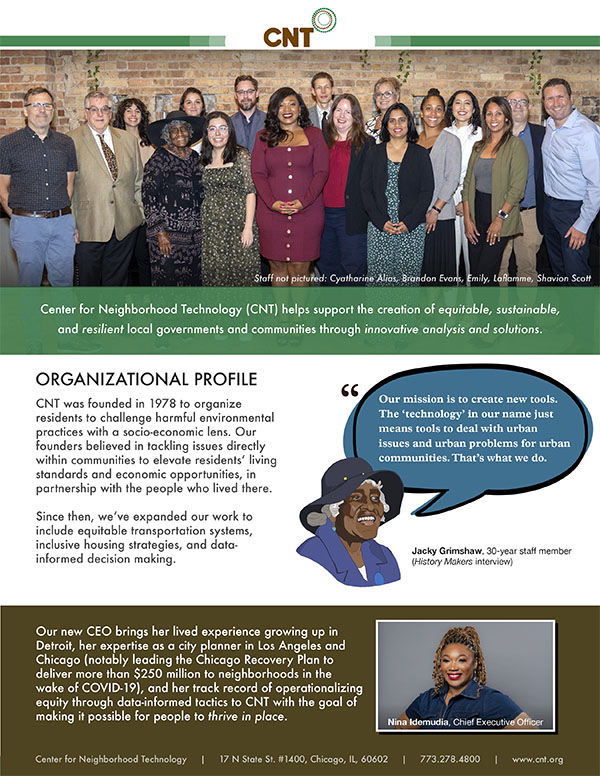Can Chicago really become a better, maybe even a far better, place while much of the world suffers the intensifying storms and droughts resulting from climate change? A growing consensus suggests the answer may be a cautious yes. For one, there’s Amir Jina, an economist at the University of Chicago who studies how global warming affects regional economies. In the simulations he ran, as temperatures rise, rainfall intensifies, and seas surge, Chicago fares better than many big U.S. cities because of its relative insulation from the worst ravages of heat, hurricanes, and loss of agriculture.
The Great Lakes could be considered our greatest insurance against climate change. They contain 95 percent of North America’s supply of freshwater—and are protected by the Great Lakes Water Compact, which prohibits cities and towns outside the Great Lakes basin from tapping them. While aquifers elsewhere run dry, Chicago should stay flush for hundreds of years to come.
“We’re going to be like the Saudi Arabia of freshwater,” says David Archer, a professor of geophysical science at the University of Chicago. “This is one of the best places in the world to live out global warming.”
There’s just one problem: Water, which should be our salvation, could also do us in.





 Strengthening Transit Through Community Partnerships
Strengthening Transit Through Community Partnerships

